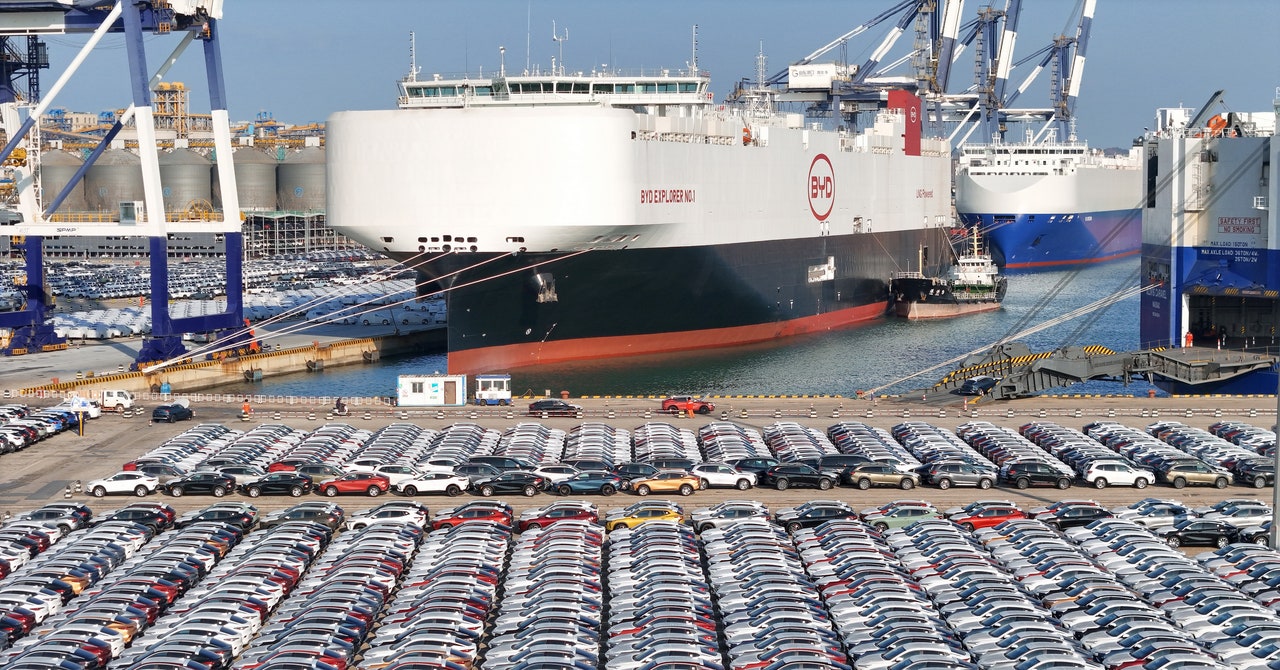- cross-posted to:
- [email protected]
- [email protected]
- [email protected]
- cross-posted to:
- [email protected]
- [email protected]
- [email protected]
China has positioned itself as the main car supplier in Mexico, with exports reaching $4.6 billion in 2023, according to data from Mexico’s Secretariat of Economy.
The Chinese automaker BYD surpassed Honda and Nissan to position itself as the seventh largest automaker in the world by number of units sold during the April to June quarter. This growth was driven by increased demand for its affordable electric vehicles, according to data from automakers and research firm MarkLines.
The company’s new vehicle sales rose 40 percent year over year to 980,000 units in the quarter—the same quarter wherein most major automakers, including Toyota and Volkswagen, experienced a decline in sales. Much of BYD’s growth is attributed to its overseas sales, which nearly tripled in the past year to 105,000 units. Now BYD is considering locating its new auto plant in three Mexican states: Durango, Jalisco, and Nuevo Leon.
Foreign investment would be an economic boost for Mexico. The company has claimed that a plant there would create about 10,000 jobs. A Tesla competitor, BYD markets its Dolphin Mini model in Mexico for about 398,800 pesos—about $21,300 dollars—a little more than half the price of the cheapest Tesla model.
…
That tariff-free access is part of the US-Mexico-Canada Agreement (T-MEC), an updated version of the North American Free Trade Agreement that, as of 2018, eliminated tariffs on many products traded between the North American countries. Under the treaty, if a foreign automotive company that manufactures vehicles in Canada or Mexico can demonstrate that the materials used are locally sourced, its products can be exported to the United States virtually duty-free.
MAGA strikes again



The vast majority of those subsidies (rebates, sales tax exemption, government procurement of EVs) you linked don’t seem like they would apply to exported vehicles. This suggests exports would indeed be very price competitive, wouldn’t it?